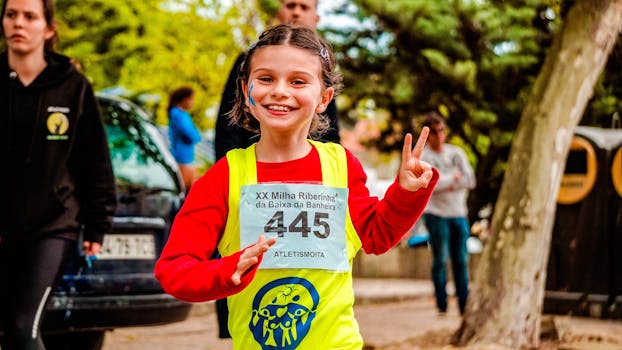
Introduction
Knee pain is a common problem among runners. Many runners consider using knee braces to provide support and reduce discomfort while running. But do knee braces really help, and are they worth using?
How Knee Braces Work
Knee braces are designed to stabilize the knee joint, limit abnormal movements, and offer compression. There are different types available, such as sleeves, straps, and hinged braces, each serving a specific purpose depending on the extent of injury or discomfort.
Do Knee Braces Help Runners?
- Pain Relief: Knee braces can provide mild to moderate pain relief, especially for conditions like patellar tendinitis or runner’s knee.
- Extra Support: Some runners find braces helpful for added support during recovery from injury or when returning to running after rest.
- No Substitute for Rehab: While braces can be helpful, they are not a replacement for proper rehabilitation, stretching, and strengthening exercises to address underlying problems.
Who Should Use Knee Braces?
Knee braces might be beneficial for runners experiencing:
- Mild knee pain or inflammation
- Chronic knee conditions
- Minor ligament injuries
Potential Downsides
- Over-reliance: Relying too much on a brace may weaken the muscles around the knee over time.
- Comfort: Some runners find them uncomfortable or restrictive.
- Not a Cure: Braces don’t fix underlying biomechanical issues.
Conclusion
Knee braces can be a helpful tool for runners dealing with mild to moderate knee pain. They offer additional support and may help reduce discomfort during runs. However, they should not be used as a substitute for proper medical treatment, strengthening, and flexibility exercises. Always consult a professional if you’re unsure about using a knee brace while running.
Comments
Post a Comment